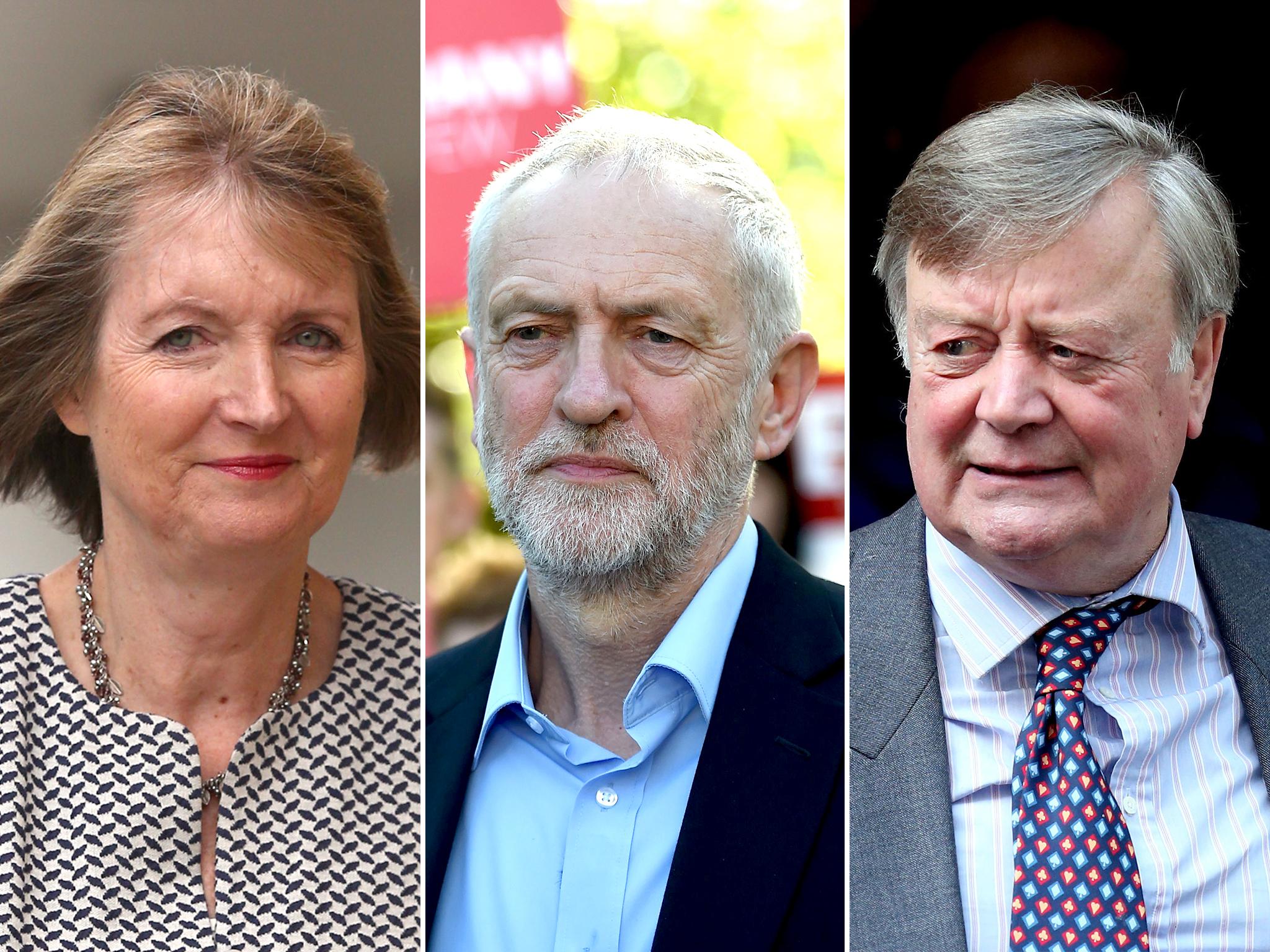What will happen if the opponents of a no-deal Brexit fail to unite behind an alternative prime minister?
Opposition leaders have spent the past week squabbling over who should lead a caretaker government to stop Britain leaving the EU without agreement, writes John Rentoul


A majority of the House of Commons is opposed to Britain leaving the EU without agreement. All the opposition parties are against it, with the exception of Labour’s Sarah Champion, Caroline Flint, Kate Hoey and Graham Stringer, and at least 65 Conservative MPs have said they want to avoid a no-deal exit.
But how many of them are prepared to go to the extreme length of deposing Boris Johnson and replacing him with a temporary prime minister to prevent what they regard as a bad outcome?
That is a calculation that is impossible to make until we get closer to the crunch. Oliver Letwin, one of the leading Tory anti-no-dealers, said last month: “The mechanism can be done; whether there is a majority is less certain ... I have absolutely no clear view of how that majority can be formed and I don’t think we will know that until right up at the last moment.”
Over the past week, the opponents of no deal have been riven by squabbling over the plan to install a caretaker prime minister. Caroline Lucas, the Green MP, proposed a government of national unity led by an all-women cabinet. Jeremy Corbyn proposed that he should be made prime minister for a few weeks, in order to agree a postponement of Brexit with the EU and call an election.
Jo Swinson, the new Liberal Democrat leader, said he was the wrong person and that it should be Kenneth Clarke or Harriet Harman instead. Clarke returned from a two-week holiday this weekend and said, “I don’t want to annoy Jeremy,” but that he would be happy to do it.
So it may not be possible to agree on a candidate for this drastic plan – and, even if it is, it may not be possible to muster the votes needed to see it through. In which case, what is Plan B for the opponents of no-deal Brexit?
The other possible route to blocking a no-deal Brexit is to pass a series of laws from the back benches to force Johnson to seek, and then agree with the EU, a further postponement of Brexit.
John Bercow, the speaker, would almost certainly allow a backbencher to start the process using an emergency motion. And Yvette Cooper showed that a backbench law was possible in April, when an act was passed – by just one vote – to require Theresa May to seek a Brexit extension. It would have had more support from Tory rebels if May had not already said she would do what MPs wanted.
There would be enough votes, therefore, to pass a similar law to instruct Johnson, but the hard part would be forcing him to sign up to an agreement with the EU.
If he refused and asked for an election instead, the Commons would be back to having to install a temporary prime minister, to agree an extension and to prevent Britain leaving without a deal during the election campaign.
Join our commenting forum
Join thought-provoking conversations, follow other Independent readers and see their replies
Comments